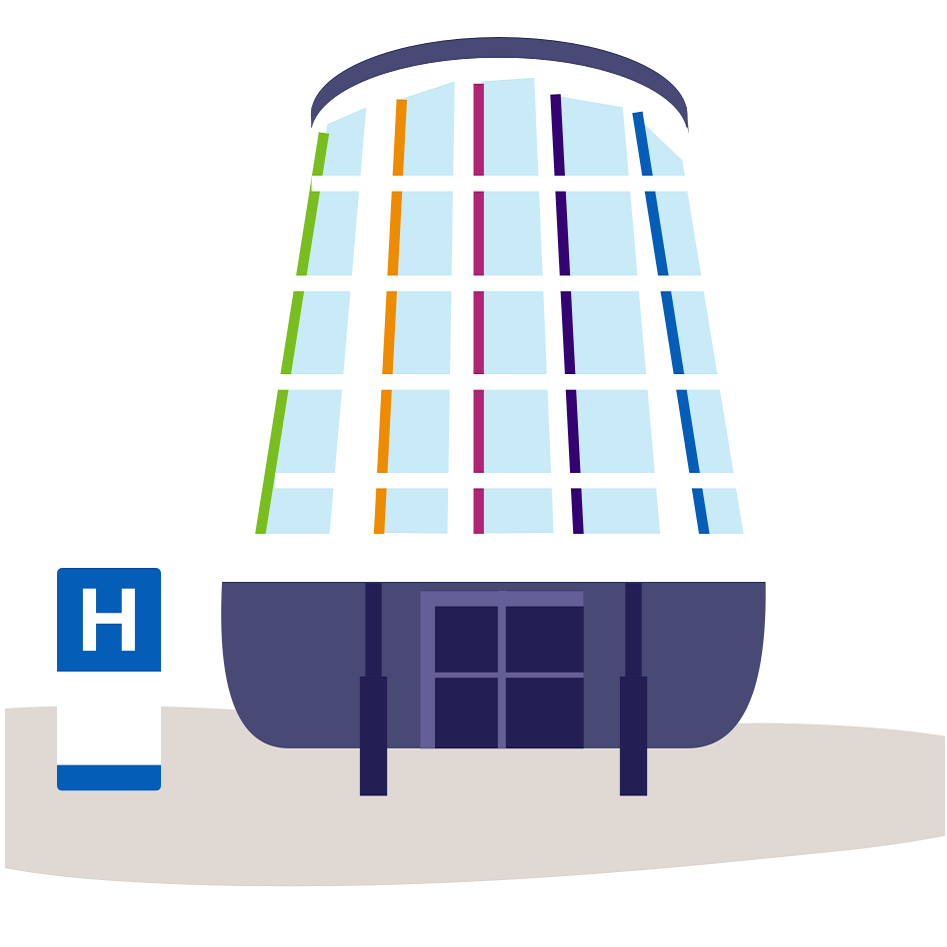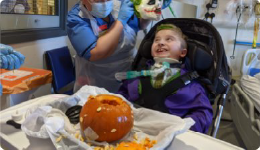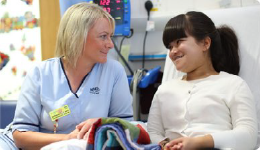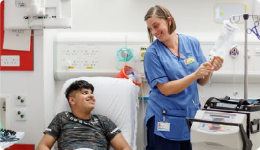Use the traffic light table to help you know what to do if your child is unwell.
 |
|
|
If your child has any of the following:
|
You need help now. Go to the nearest Hospital Emergency Department or phone 999 |
 |
|
|
If your child has any of the following:
|
You need to see a doctor or nurse today. Please ring your GP surgery or call NHS 24 - dial 111 If symptoms persist for 4 hours or more and you have not been able to speak to either a member of staff from your GP practice or to NHS 111 staff, then consider taking them to your nearest ED. |
 |
|
|
If your child has none of the red or amber features
|
Self care You can keep looking after your child at home. If you are still concerned about your child, call NHS 24 – dial 111 |






 Self Care
Self Care Local Pharmacist
Local Pharmacist Health Visitor
Health Visitor GP (General Practitioner)
GP (General Practitioner) NHS 24
NHS 24 Emergency Department
Emergency Department








